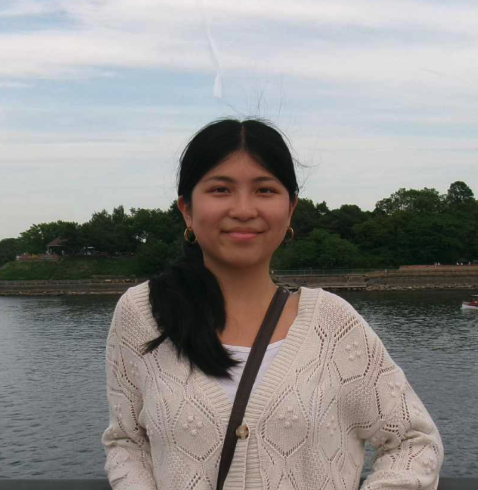Bobby has a 4.0 GPA, is the Yo-Yo Ma of alto saxophone, serves as the devoted leader of his internationally ranked chess club, and is revered by all his peers at Lexington High School. However, he has one downfall: he has not fulfilled 40 hours of community service, so he cannot graduate.
Bobby is merely a fictional character. However, he represents the fear of many LHS students fighting the rushing tide of academics and extracurriculars. The graduation requirement of 40 hours of community service is yet another bucket of water dumped on our soggy heads.
So why does this requirement exist, and how could it actually be beneficial?
Although mandatory volunteering is time-consuming, it provides an opportunity for students to learn valuable skills and gain a broader understanding of the world around them.
Students who engage in community service are exposed to different backgrounds and challenges faced by various individuals or groups. This exposure fosters empathy and compassion, which are important qualities for developing high schoolers, and encourages students to contribute to the community.
“A good amount of the people that volunteer are made up of students that are likely doing it in order to graduate. Therefore mandatory volunteering ensures that a good number of people are still partaking in volunteering which can be beneficial for those who directly benefit from others volunteering,” Siddhi Talekar, a junior at LHS, said.
Mandatory volunteering can also help students develop their strengths and passions. Lexington offers a plethora of volunteering opportunities, ranging from being a teaching assistant at the Munroe Arts Center to cosplaying as the LHS school mascot (the infamous Minuteman).
However, many students argue that volunteering should be, well, voluntary. They believe that making volunteering mandatory changes the very value of the idea and can create a shallow culture of obligation towards the action.
“Non-mandatory volunteerism filters out all the people who may be doing it in order to fulfill a less genuine need (like a graduation requirement) from all the people who are doing it just because they want to. Thus, enforcing volunteering may lead to a crowd of people who are not truly passionate about whatever cause,” Talekar said.
The issue of mandatory volunteerism is still debated, but at the end of the day, most, if not all, participants will gain an invaluable experience. By providing motivation and structure to do such activities, LHS helps students shape their identities while finding their purpose.
“Everyone should have to experience giving back to their community through community service,” Tasbia Uddin, a junior at LHS, said.

